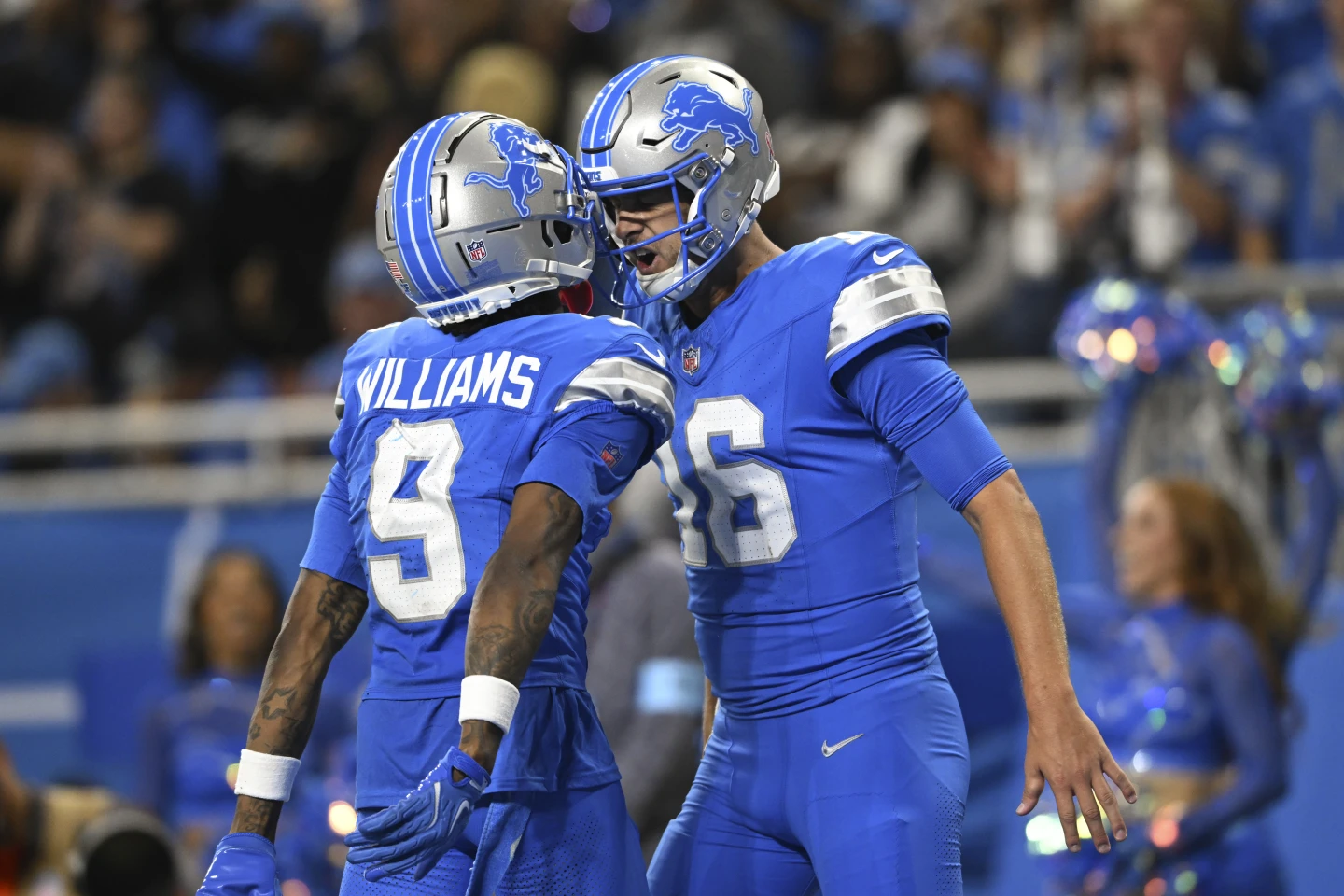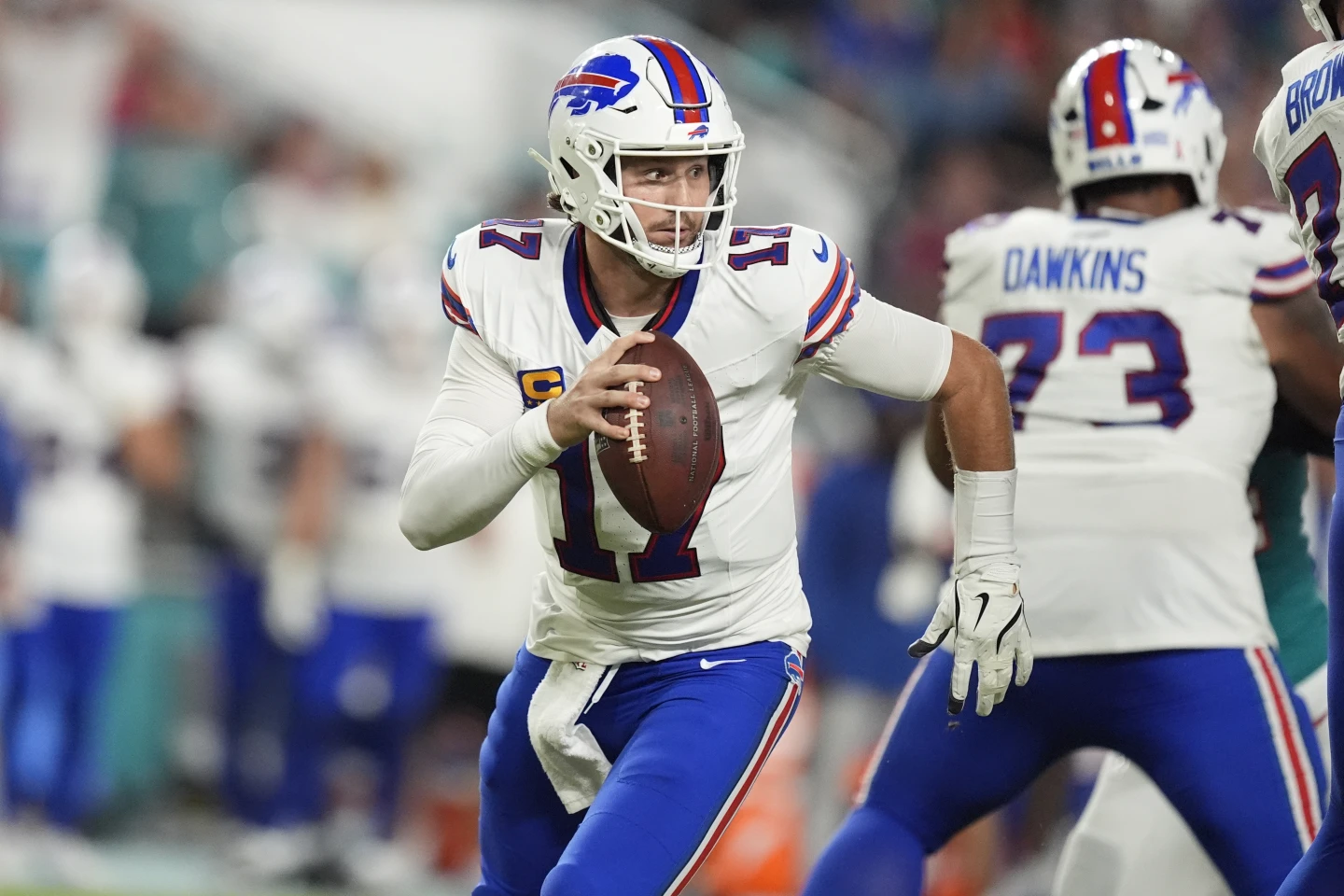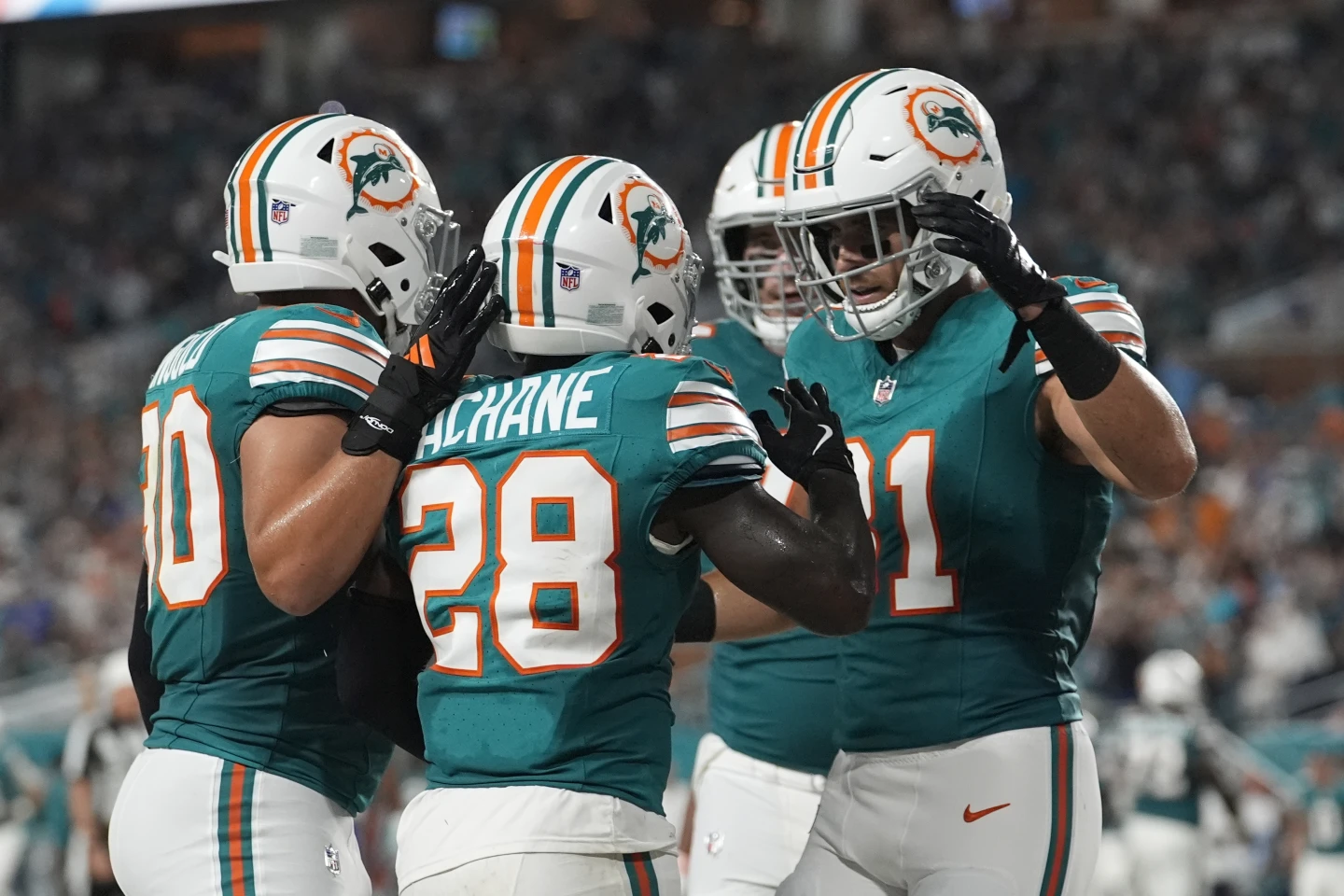The federal government is considering a new bill that would stop in-game advertising and bets on college athletes. This proposal was put forward by Rep. Paul Tonko from New York and Sen. Richard Blumenthal from Connecticut.
They introduced the bill on Thursday to tackle what they believe are the harmful effects of the rapid growth of legal sports betting in the U.S. since 2018.
The bill would also ban using credit cards to fund online gambling accounts.
The two legislators argue that sports betting, which is now legal in 38 states plus the District of Columbia, has led to more gambling addiction and other issues. According to Tonko, every moment of every game presents an opportunity to gamble.
“That’s resulted in a frightening rise in gambling disorder, which has in turn enacted a horrific toll on individuals, many of whom have lost their home, job, marriage, and their lives,” Tonko said.
Blumenthal described the bill as a public health issue.

“It is a matter of stopping addiction, saving lives, and making sure that young people particularly are protected against exploitation,” Blumenthal said.
The gambling industry strongly opposes the legislation. They argue that they should be allowed to self-regulate sports betting advertising to prevent the federal government from setting standards.
The American Gaming Association, the national trade group for the gambling industry, stated that sports books already work under government supervision, provide billions of dollars in state taxes, and offer consumer protections that are not available with illegal gambling.
“Six years into legal sports betting, putting in strict federal rules is an insult to state legislatures and gaming regulators who have worked hard and spent a lot of resources creating well-thought-out systems for their own areas,” the statement said.
The industry has put some limits on sports betting ads, but some people think these limits are not enough.
Harry Levant, who is the director of gambling policy at the Public Health Advocacy Institute at Northeastern University School of Law, said gambling can be as addictive as drugs and alcohol.

“With every other addictive product or substance, the government controls how it is advertised, promoted, sold, and used,” he said. “But with gambling, sadly, the opposite is happening.”
The National Council on Problem Gambling says “gambling problems may increase as sports gambling grows rapidly” across America.
The proposed bill would stop operators from taking more than five deposits from a customer in a 24-hour period and would require checks to see if a customer can afford to deposit more than $1,000 in a day or $10,000 in a month.
The bill would also ban “prop” bets on the performance of college or amateur athletes, such as guessing how many passing yards a quarterback will achieve in a game.
Additionally, the bill would prevent using artificial intelligence to monitor a customer’s gambling behavior or to create gambling products like very specific “micro-bets,” which are based on detailed scenarios such as the speed of the next pitch in a baseball game.
